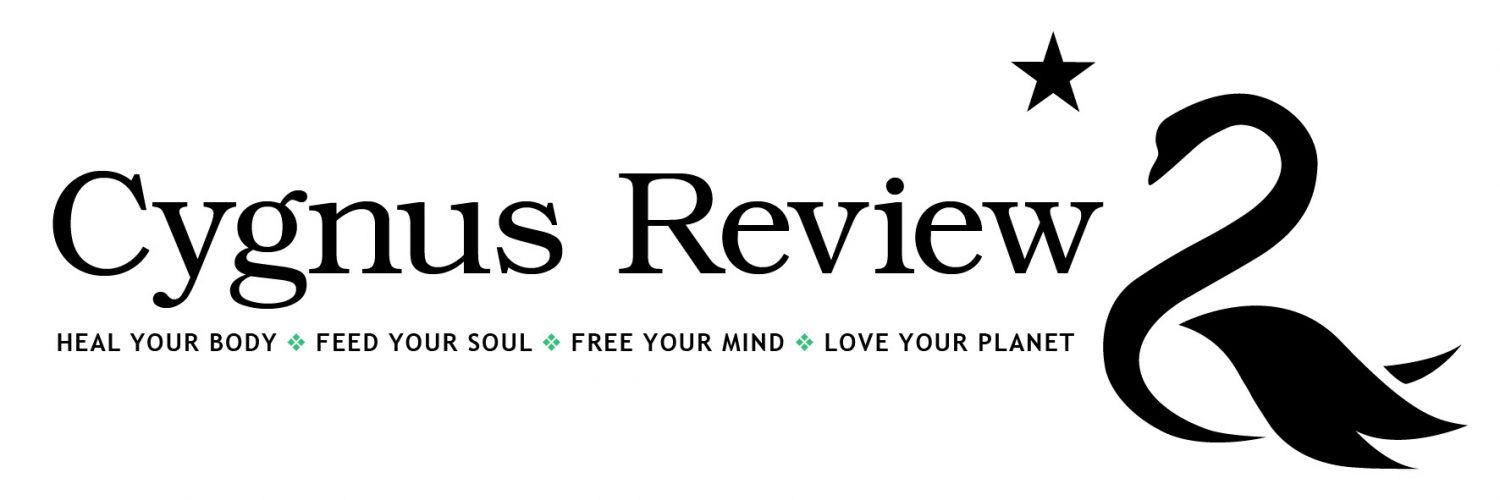
Dear Friend,
This trauma stayed with me for well over thirty years, accompanied with a deep-seated resentment and great anger, until I discovered a wonderful exercise in a little known book, now very difficult to come by, Unconditional Love and Forgiveness by Edith Stauffer. I did it twice on the beach in California at the home of friends with whom I was staying, early in the morning, and in only thirty minutes ten tons of resentment just vanished. Today, I feel compassion for Pastor Rye and bless him wherever he may be on his spiritual journey.
Edith Stauffer has this beautiful definition of forgiveness: it is ‘a decision not to punish ourselves for the wrongs of others or other circumstances.’
Here are the seven steps of the exercise she presents.
Step 1 Say to yourself: ‘I choose to stop punishing myself and feeling bad for what (name of person) has done/is doing.’
Step 2 Imagine that the person you need to forgive is in front of you. You may wish to close your eyes. As you hold the image of this person in front of you, say aloud: ‘I would have preferred you to have said (or done) ___’ (Or, I would add: ‘I would have preferred you not to have said (or done) ___ )
Step 3 Say: ‘But you didn’t do that, so I will now release this incident. I choose to let it go and be free of it.’
Step 4 Say:’ Therefore I cancel all demands, expectations, and conditions that you do/say/be ___ in the past and now. I cancel the demand that you be (any certain way.) You are totally responsible for your actions and deeds, and I release you to your own good.’
Some people might like to add the following: ‘I refuse to continue making myself suffer because you did not behave (or speak) the way I wish you had behaved (or spoken). It is not for me to decide how you should have behaved, nor judge you for behaving as you did. I refuse to be a victim of resentment and accept the freedom, peace and joy that comes from releasing it.’
Step 5 Edith suggests here that you contact your Higher (divine) Self and feel its deep love for you, enabling you to release all expectations and demands towards the other party (or situation, event, etc).
Step 6 Still feeling the compassion and love of the Higher Self, say to the person you are forgiving that you are sending them this love just as they are and have been. Do not conclude the exercise until you really feel this love flowing out from you to the other person.
Step 7 Become aware of your body and how it feels. ‘See if you are holding on to any demands that this person change in any way. If you do not feel release, repeat the process.’
She suggests that the process be repeated for every specific grudge you have against the person involved (e.g. he not only ran away with your best girl-friend but also emptied your shared bank account!) as the mind cannot do a blanket forgiveness – each specific issue needs to be handled separately.
Stauffer suggests that we always examine our willingness to really let go. If release is not rapid, it may be that something at a deeper level is blocking the release, in which case simply ask: ‘Is something else blocking this process?’ Usually, it will come up.
Resentment is one of the most horrible things to drag through life. It literally eats you up from the inside. (And often the person who hurt us is not even aware of the harm they committed.) So forgiveness is a gift we make first and foremost to ourselves. We allow ourselves to be free, at peace and recover our joy.
So, friend, why postpone the glory and wonder of total, unconditional forgiveness? It is one of the most splendid gifts you could make to yourself. And you are so worthy of it!
With my loving thoughts,
Pierre Pradervand
pierre@vivreautrement.ch

